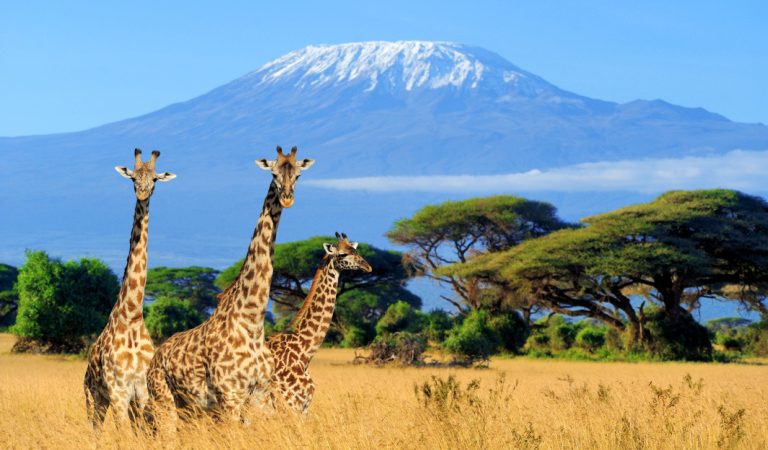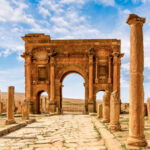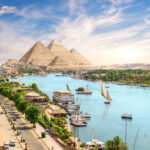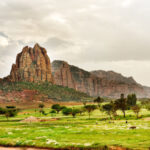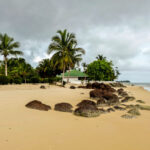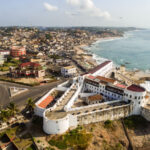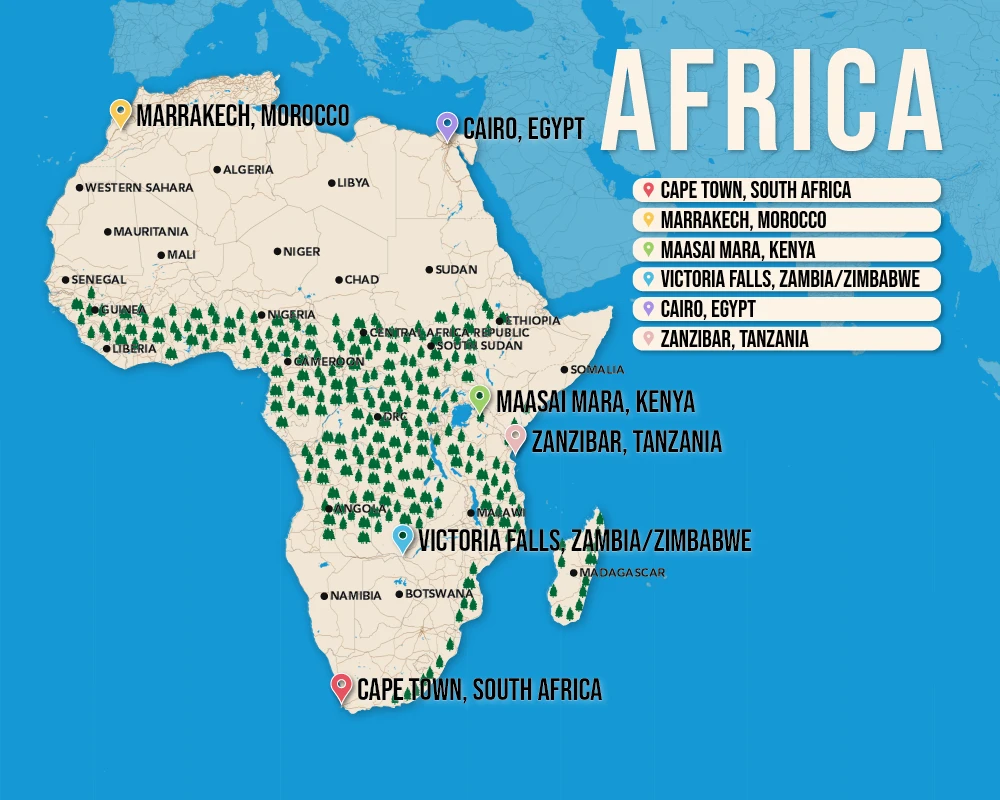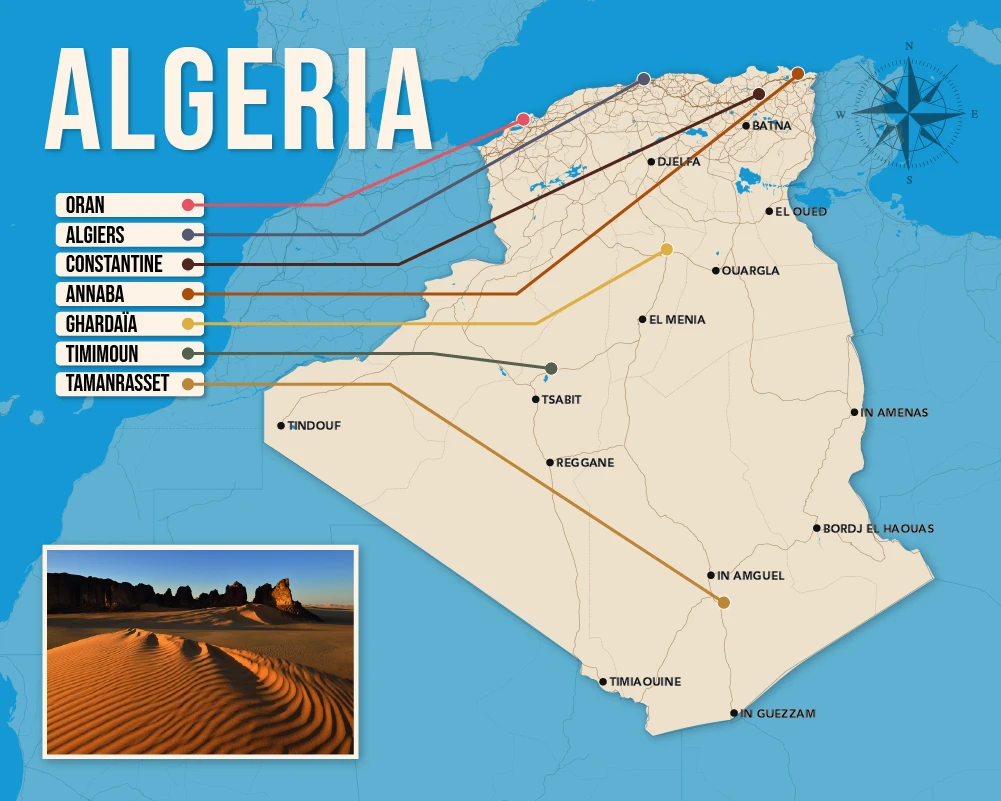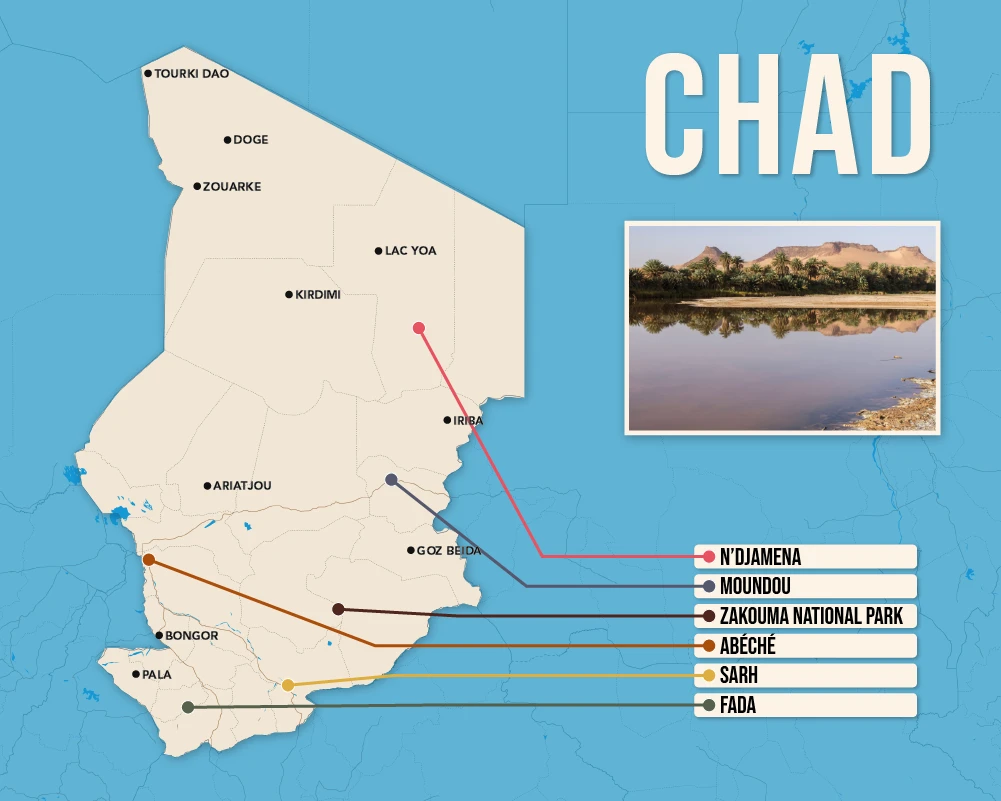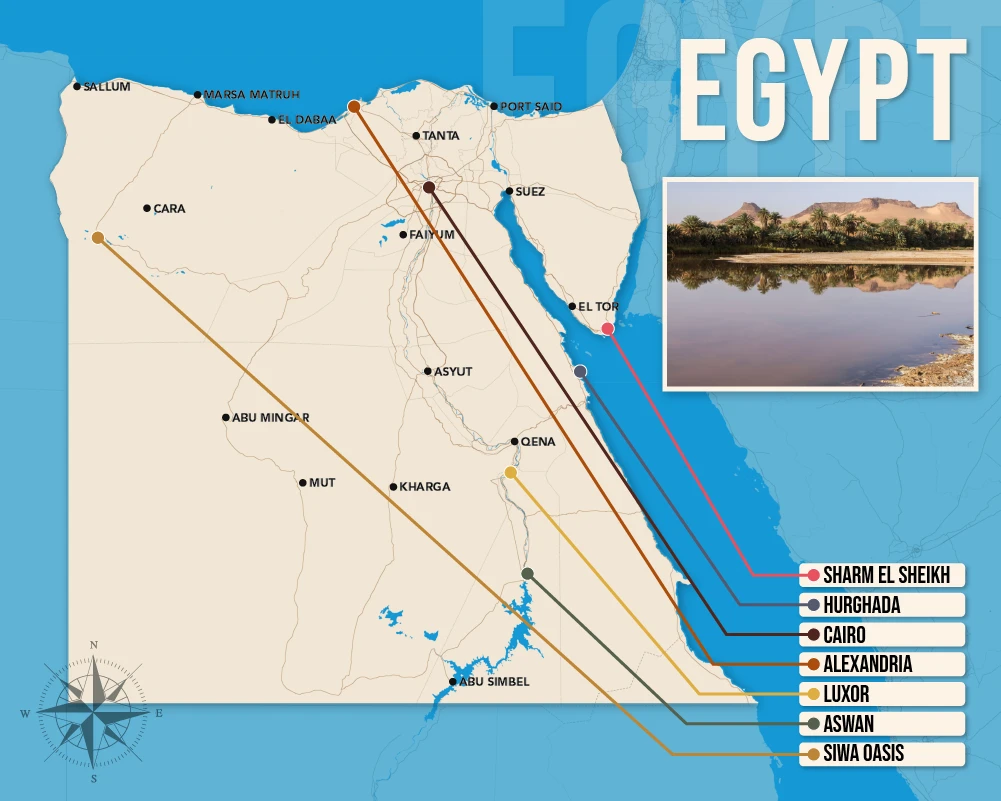How to Reach Africa by Air
Flying is the easiest and most popular way to get to Africa. There are 46+ international airports to choose from. Hundreds of major cities worldwide offer direct flights to popular destinations in Africa.
- From North America and Europe: Direct and connecting flights to tourism hotspots in Africa like Johannesburg, Cairo, and Lagos are widely available from North America and Europe. Flights to Africa depart from cities like New York City, Atlanta, London, and Paris with airlines like Delta, United, British Airways, and South African Airways flying African routes. Average direct flight times to Africa range from 10-15 hours with longer durations for connecting flights.
- From Europe: Europe offers excellent air connectivity to African destinations from major cities like London, Paris, Amsterdam, and Frankfurt. You’ll find lots of direct and connecting flights from Europe offered by airlines like British Airways, Air France, KLM, and Lufthansa. Average European flight times to Africa range from 7-11 hours.
- From Asia: Travelers from Asia can catch frequent direct flights to Africa from cities like Mumbai, Dubai, or Beijing. Airlines like Emirates, Qatar Airways, and Ethiopian Airlines fly direct or connecting flights to popular African destinations. The average flight time varies based on your departure airport and route, but most flights to Africa from Asia take 8-12 hours.
- From South America: Your best option when flying to Africa from South America is hopping on a connecting flight with a layover in Europe or North America. Direct flights to Africa from South America are limited. With layovers adding to the flight duration, you can expect average flight times over 20 hours from South America.
- Within Africa: Africa has an extensive network of domestic airlines for traveling within the continent. Major hubs in cities like Addis Ababa, Nairobi, and Johannesburg make it easy to move around Africa by plane. Flight durations vary depending on your route but are relatively short for intra-Africa travel.
How Long Is the Flight to Africa?
The average flight time to Africa can vary significantly depending on the departure city. Here are approximate flight times from some of the most common origins:
- Sydney, Australia: Approximately 18 hours
- New York, USA: About 12 hours and 50 minutes
- London, UK: Around 7 hours and 4 minutes
- Paris, France: Approximately 6 hours and 39 minutes
- Beijing, China: About 15 hours and 2 minutes
- São Paulo, Brazil: Around 9 hours and 45 minutes
- Los Angeles, USA: Approximately 21 hours and 14 minutes
These durations are estimates and may vary based on specific routes, airlines, and other factors such as wind speeds.

